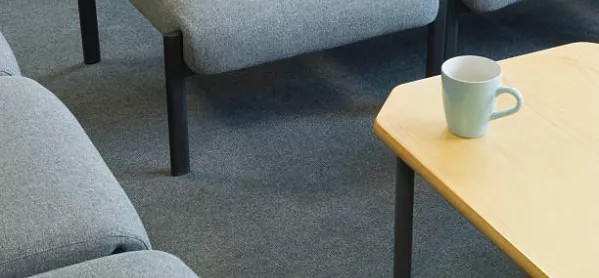The inability to chat with a colleague over a cup of tea in the staffroom is one of the most difficult things about teaching at the moment, a teachers’ leader has said.
Dame Alison Peacock, chief executive of the Chartered College of Teaching, added that classroom conversations could, however, also take place on WhatsApp and in other ways.
Speaking this afternoon at the online annual conference of Nasbtt (The National Association of School-Based Teacher Trainers), she said it was still important that “teachers knew they had places where they can go to ask for help”.
Revealed: Worries that teachers are already ‘exhausted’
Exclusive: Teachers’ lockdown stress ‘is unsustainable’
Survey: Teacher workload and wellbeing neglected
She said: “One of the most difficult things at the moment is that you can’t go and sit in the staffroom.
“You can’t go and get your cup of tea and sit down next to someone and say, ‘Oh that was a really difficult lesson’ and hope that they might look up from something and give you a bit of advice.
“Everything feels that much more distant than it previously did.”
But she added: “Typically people like to be asked for help, so those staffroom conversations that would have happened previously - maybe they can happen via WhatsApp and maybe there are other ways in which those conversations can still happen, because people don’t mind being asked.
“The sense of collegiality of being able to help each other through is something that has been really strong [during the pandemic] and continues to be really strong across the profession.”
Back in July, government guidance stated that “use of staffrooms should be minimised” during the pandemic.
At the start of the current school year, the Association of School and College Leaders (ASCL) said this would pose “a challenge”.
Sara Ford, ASCL deputy director of policy, said in August: “In reality, schools do not have lots of space to provide alternative areas for breaks, so they will be in a position of having to do their best in their context with the facilities that are available.
“As with much else in the new term, this is really going to be a case of the art of the possible.”




